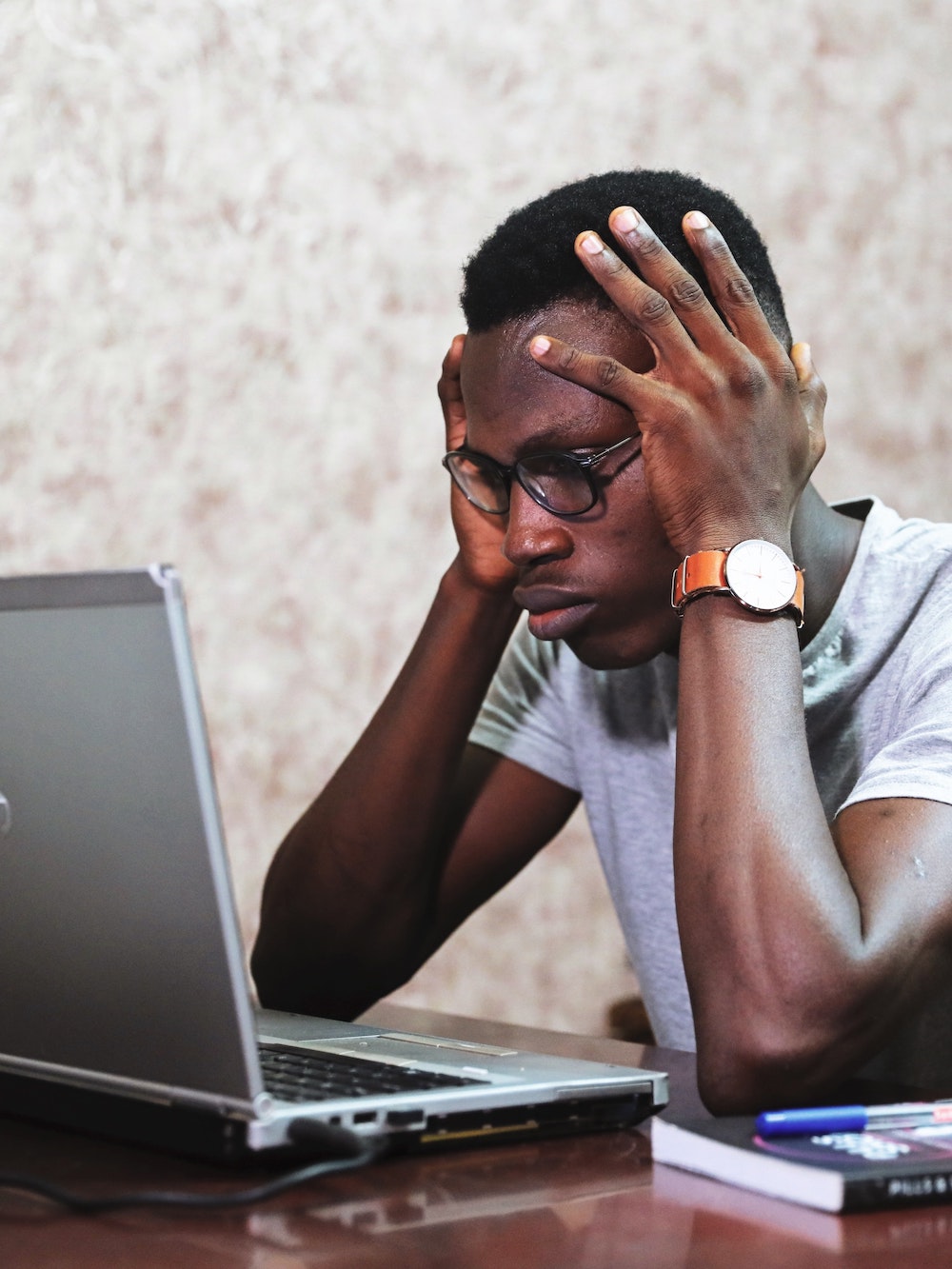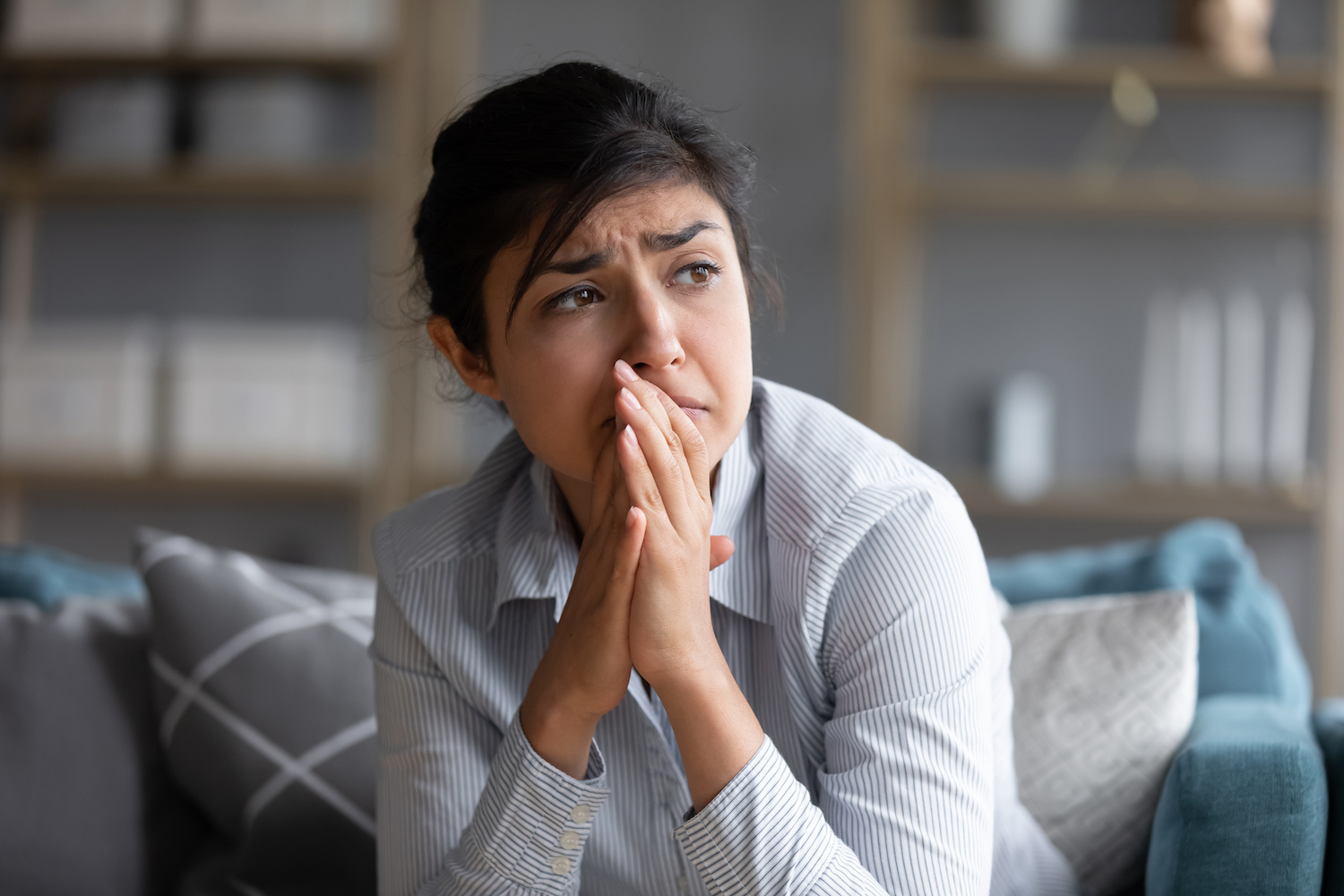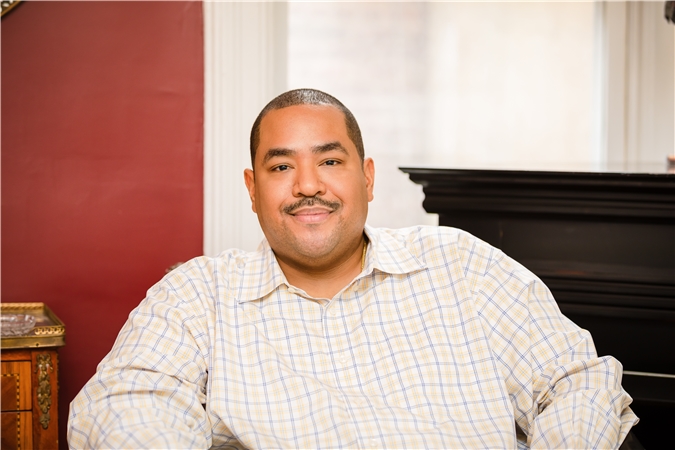Therapy for Anxiety & Stress
- Wiz Kalifa
Everyone has anxiety and stress - a healthy amount doesn’t really affect your day to day life and can even help motivate you. However when it starts to get worse and unbearable, it can prevent you from getting things done. How is your anxiety impacting your life currently?
There are many reasons why people have anxiety including but not limited to:
Personal life:
- Life transitions and adjustments
- Social anxiety and agoraphobia
- Other phobias and past traumatic events
- Loss of identity and sense of self
- Feeling isolated because of lack of community, network, and support
- Divorce, relationship, dating, and intimacy issues
- Parenting and planning for your family’s future
- Caregiving or sudden illness, injury, or disability
- Grief and loss
- Not having enough “me time” or time for self-care
At work:
- Imposter syndrome and insecurities
- Public speaking and performance anxiety
- Indecisiveness and perfectionism
- Unemployment and job security
- Career changes and job interviewing
- Financial instability and retirement
- Transitioning to working in-person and commuting
- Balancing working from home and taking care of children
External factors and current events:
- Uncertainty about the news and politics
- Catastrophizing and fearing the worst
- Feeling unsafe where you live or work
- Xenophobia, racism, and oppression
- Traveling and immigration
- Climate change and natural disasters

Have you been trying to work it out on your own, but it’s not quite working for you? Is your stress and anxiety too overwhelming? If you let it go on for too long, it can affect your physical health, mental health, relationships, and career.
If you aren’t sure what you are experiencing, these are some other ways to describe anxiety and stress:
- Insecurity
- Loneliness
- Feeling fragile/vulnerable
- Self-doubting/indecisiveness
- Negative self-talk
- Imposter syndrome
- Walking on eggshells
- Procrastination
- Feeling exposed and/or invisible at the same time
- Fear of confrontation/avoiding conflict
Physical symptoms of stress and anxiety can include but not limited to:
- Sweating
- Increased heart rate
- Tightness in chest
- Shortness of breath
- Feeling hot all of a sudden
- Shaking/fidgeting
- Obsessive/uncontrollable thoughts
- Difficulty sleeping

What is a Panic Attack?
When stress and anxiety escalate it can turn into panic attacks. Your ruminating thoughts can trigger a sudden episode of intense physical symptoms similar to having a heart attack, accompanied by feelings of loss of control, an urgency to escape, fearing the worst, and impending doom, as if you were in grave danger, even if there is no real cause. It seems impossible to figure a way out, like you are stuck.
If you experience any of these symptoms, utilize this breathing technique and or the grounding technique below to help you feel calm.
Simple Grounding Exercise:
5 Things You See
4 Things You Feel
3 Things You Hear
2 Things You Smell
1 Thing You Taste
If you believe that you are suffering from feelings of anxiety or stress, these surveys can help you better assess the severity of what you are experiencing and how it’s manifesting in your daily life. Please be aware that these tools are not necessarily intended for self-diagnosis, a substitute for treatment, or a determining factor whether you should enter into therapy or not. These can be used as supplemental tools to discuss with your health care provider when seeking support and assistance. You don’t have to suffer from anxiety or stress any longer and let it control your life.


Has Covid-19 Made You Anxious?
The Covid-19 pandemic taught us a lot of lessons about our mental health and the importance of prioritizing our emotional wellness. During quarantine, we were given time to reflect and look inwards. Now as we re-engage with society and try to get back to “normal” life, taking care of every aspect of ourselves - physical, mental, emotional, and spiritual health - is more important than ever.
Some of the reasons why you might be feeling anxious:
- Having reservations or concerns about taking the vaccine
- Scared of catching Covid
- People around you aren’t vaccinated
- Switching to working from home
- Working from home and having to take care of children
- Having to go back to the office/work in-person
- Adjusting to new procedures and guidelines
- Travel restrictions
- Getting back to “normal”/pre-pandemic lifestyle
- Social anxiety
- Returning to a busy schedule
- Not having enough “me time”
As society opens back up, you don’t have to be pressured into returning to exactly how life was before the pandemic. If you got accustomed to a quieter, less hectic schedule, you can allow yourself to continue with that behavior. If you still want to wear a mask, but no one around you is, you’re allowed to continue wearing your mask for your own comfort level, safety, and peace of mind. Do you feel like you have to squeeze everyone in to make up for lost time? Guilt is a heavy load to carry. Don’t let others pressure you into doing anything you are not comfortable doing. Therapy can help you reduce your anxiety about reentering society by empowering you to be honest with yourself and others, helping you find that balance and equilibrium.

I Can Help You Feel Calm and Comfortable

I take the time to build rapport and create a genuine connection with my clients. Once we get to know each other, we’ll look at the bigger problems and break them down into manageable bite-sized pieces. Using grounding techniques, meditation, and breathing exercises, you can learn how to be present and live in the moment. I’ll teach you how to manage the symptoms of stress and anxiety so you can be better equipped to live the life you want and deserve.
